Energy
Projects related to gross corruption and wasteful expenditure within Eskom eg. High Tariff increases, the Nuclear Energy deal and other issues within the energy sector.
OUTA’s Energy Portfolio was established to address the following core focus areas, whereby we believe our work will improve the performance of Government, its respective departments and its state owned entities in the delivery of service to society.
Core Focus Areas:
-
To expose and address maladministration and corruption in Public Sector and Private Sectors involved in developing South Africa’s Energy Industry.
-
To challenge Eskom’s Electricity Price Increases, and thereby Efficiencies of Eskom, costs, etc, where this is deemed to be necessary and based on good research and facts.
-
To represent society / our supporters on Policy development (in Parliament & other functions) to ensure rationality and best outcomes to society, (e.g. IRP, Nuclear Deal, Gazettes etc).
-
To give input on Municipal Electricity Regulation.
-
Engage and provide input to Government / Parliament when requested to do so, within our mandate and capacity.
-
To further the aims and development of OUTA’s Energy Portfolio through:
-
Media Statements in response to developments of projects, cases and reaction to matters pertinent to factors impacting on civil society in the energy sector.
-
Participate in national conferences (Private and Public Sector), where Civil Society input is required.
-
Position Papers and opinion pieces where necessary
In this portfolio we have undertaken the following projects:

#NoNewNuclear
The Department of Mineral Resources and Energy wants to build a new nuclear power station, and has asked the National Energy Regulator (NERSA) to approve its two-page proposal on this.
This isn't in South Africa's energy plan, but the department says it wants to start procurement now so that a new nuclear power station will come online after 2030.
OUTA opposes this.
NERSA has asked for public comment on this, and OUTA is submitting comment.
See our reasons for opposing this plan and endorse our comment to NERSA.
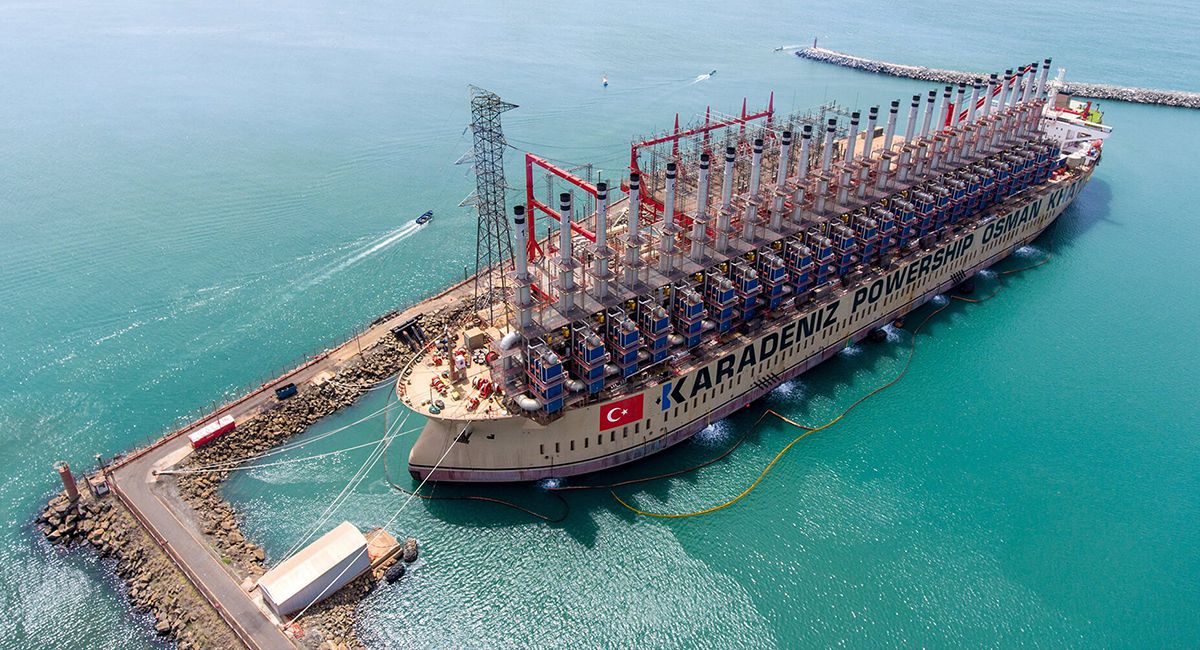
Karpowership
The Department of Mineral Resources and Energy wishes to procure 1220 MW from Karpowership in pursuit of the Risk Mitigation Independent Power Producer Procurement Programme (RMI4P) through floating storage and regasification power plants, and plans a 20-year contract for three Karpowerships which could cost more than R200bn. Any agreement of this nature is certainly not in the best interests of South Africa.
OUTA opposes any deal with Karpowership. On 26 April 2022, OUTA filed a review application in the high court, seeking to overturn the National Energy Regulator's decisions to grant the Karpowerships generation licences.
As part of this case, OUTA has brought an application to compel NERSA to provide a full copy of its decisions to award the licences. NERSA and Karpowership oppose this and the matter will be heard in June 2024.
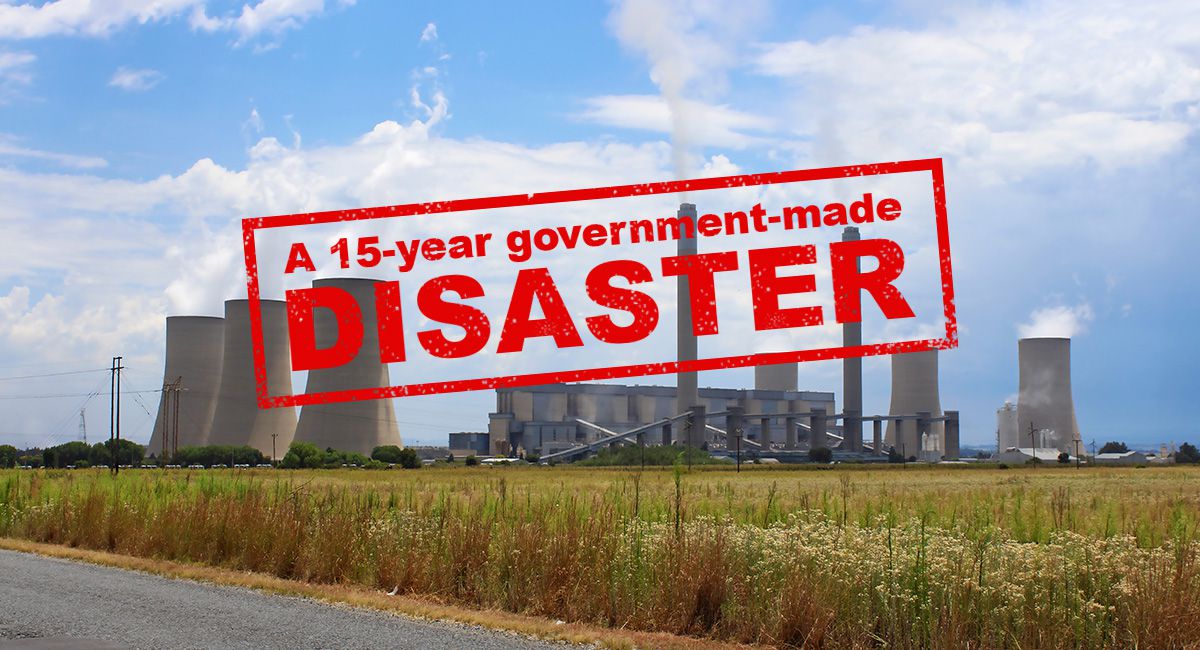
National State of Disaster
On 8 February 2023, President Ramaphosa announced that a national state of disaster had been declared in connection with the electricity supply constraints.
On 16 February 2023, OUTA filed an urgent application against the government to overturn the state of disaster.
OUTA believes that the electricity crisis which South Africa has struggled with for more than 15 years could not overnight transform into a national disaster. We are concerned that the state of disaster will be used to abuse powers and enable large-scale looting, but will not help resolve the electricity crisis. This is why we challenged it.
On 5 April 2023, as a result of our legal action, government ended the state of disaster.

Oilgate Overturned
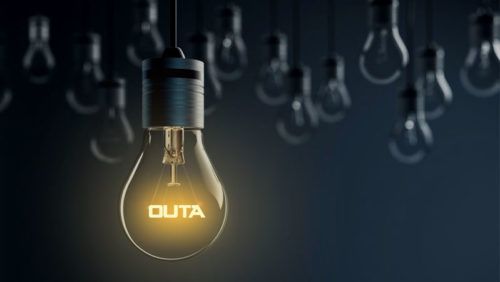
Integrated Resource Plan 2019
The Integrated Resource Plan (IRP) is the long-term plan about the energy mix and associated electricity generation capacity required to meet demand. The IRP entails predicting how much power South Africa will need and how this should be produced.
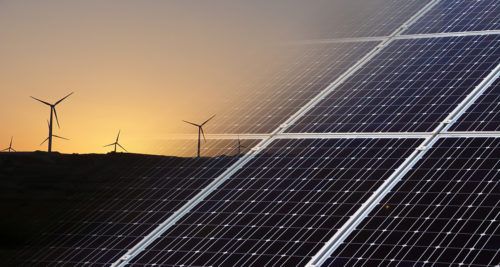
Is this the start of Solar Tax?
NERSA is requesting public comments on the Rules for Registration of Small-Scale Embedded Generation. After the submission it is envisaged that NERSA will convene the necessary public hearings where OUTA will represent the submitted concerns on your behalf.
Opposing high electricity prices
Over the years, OUTA has opposed high increases in electricity prices, and called for more renewable energy.
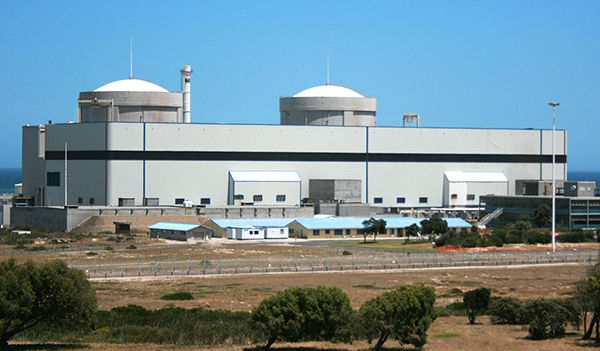
National Nuclear Regulator
Previous Projects
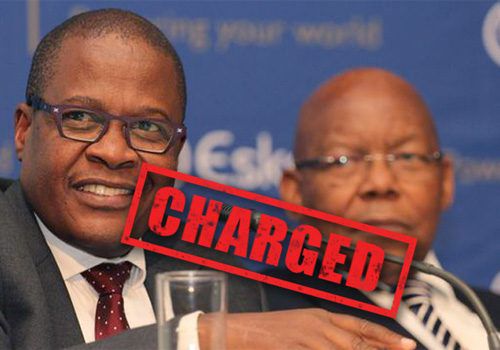
Ben Ngubane
Dr Ben Ngubane resigned from the Eskom board on 12 June 2017. He’s been a supporter of the Eskom board since December 2014 and chair since October 2015. He’s presided over Eskom’s attempt to take on the unaffordable nuclear build, and then the unforgettable debacle with Brian Molefe as Eskom boss, then as the sort-of maybe former chief executive with the secret and irregular R30m payoff and then as the chief executive the board finally agreed to unhire.
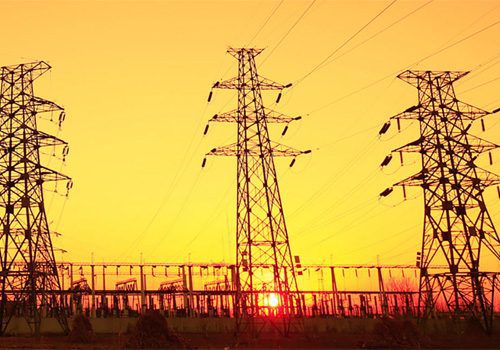
Unbundling Eskom
OUTA believes that a separation of control over the two arms of electricity generation and transmission will break Eskom’s stranglehold over the grid (transmission), thereby ensuring that open competition for energy generation at the lowest cost of production will reach the consumer, assuming political meddling is minimized which in itself may be a separate challenge. In short, this challenge is to reduce the costs of energy to the consumer.
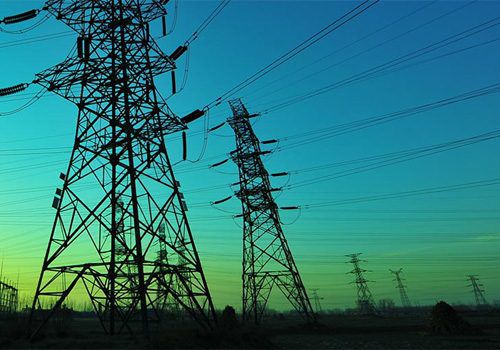
Eskom Campaign
OUTA believes that, as with so many of our state owned and Parastatal organisations, there are sufficient questionable practices a lack of accountability and transparency within ESKOM.

